Global

Freepik
While the sovereign-debt crisis that is currently unfolding across the developing world may not have the immediate global impact of the 2008-09 financial meltdown, its long-term effects could be far-reaching. Immediate international intervention is necessary to prevent it from spiraling out of control.
The International Economic Association (IEA) recently concluded its 20th World Congress in Medellín, Colombia. This triennial event brings together scholars from all over the world to share and discuss the latest developments in economic thinking. This year's edition underscored the urgency of re-evaluating some of the field's core assumptions. The rapidly escalating debt crisis in the Global South, while not a direct focus of the conference, cast a shadow over it.
The IEA was founded in 1950, with Joseph Schumpeter chosen to be its first president. Since then, the organization has been led by some of the world's most renowned economists, including Paul Samuelson, János Kornai, Kenneth J. Arrow, Amartya Sen, and Joseph E. Stiglitz. With the world economy increasingly strained by supply-chain disruptions related to the war in Ukraine, the lingering consequences of the COVID-19 pandemic, and the cloud of uncertainty hanging over the fighting between Israel and Hamas, this year's Congress has thrown these daunting challenges into sharp relief.
As the global economy undergoes a fundamental transformation, some of the deeply held assumptions economists have relied on to model it must evolve, too. Unsurprisingly, many of the presentations during this year's Congress focused on the impact of digital technologies and social media on labor, wages, and inequality. Others focused on the changing nature of globalization, the shift from a unipolar to a multipolar economic order, and the erosion of democratic institutions amid the rise of populist nationalism.
Danny Quah's lecture underscored the speed with which the global economy is changing. Building on earlier studies by Jean-Marie Grether and Nicole A. Mathys, as well as his own previous research, Quah illustrated the world economy's shifting center of gravity, which he defines as the "average location of economic activity across geographies." In 1980, he showed, this center was located in the middle of the Atlantic Ocean, reflecting the dominance of North America and Western Europe during this period.
As East Asian economies took off, the global center of economic gravity began to shift eastward. Quah estimates that by 2008, it had moved close to İzmir, Turkey, and kept moving east, driven by the Indian and Chinese economies' rapid growth. He projects that by 2050, the world's economic center will settle between India and China, unlocking opportunities but also stoking geopolitical tensions and giving rise to new threats.
Rising authoritarianism, in particular, remains a major driver of global economic uncertainty. The growing appeal of populist movements, Sergei Guriev argued (based on some of his earlier writings with Elias Papaioannou), could pose an "existential threat" to democratic governance, civil liberties, and the liberal world order.
To be sure, the populist surge is partly an understandable response to rising within-country inequality and reduced social mobility, as Adam Szeidl pointed out in his Congress presentation. Disillusioned Western voters' tendency to favor right-wing leaders is puzzling, however, given that these politicians' favored policies will likely exacerbate the problems they purport to address.
A financial crisis could provide far-right authoritarians with the momentum they need to dominate Western politics.
Despite the grim predictions of a prolonged economic downturn, the global economy successfully dodged a recession in 2023, buoyed by unexpectedly robust GDP and job growth in the United States. While this has led some economists to adopt a cautiously optimistic outlook for 2024, I believe that such complacency is misguided.
The new optimism can be attributed to analysts' tendency to focus on rich countries when assessing the state of the global economy. A more granular analysis yields a bleaker picture of the world's economic landscape. Unlike the Great Recession of 2008-09, which was triggered by the collapse of the US housing market, the biggest threat to global economic stability today comes from the developing world.
During the COVID-19 pandemic, virtually every country in the world was forced to increase public spending. But while developed and middle-income countries had the resources to purchase vaccines, drugs, and equipment, low- and lower-middle-income economies borrowed massively to cope with the pandemic and subsequent food and energy crises. That left dozens of countries in debt distress or at high risk of it, underscoring the need to look specifically at the developing world.
According to the World Bank's latest International Debt Report, the world's poorest countries have been hardest hit by the sovereign-debt crisis. Their external debt service, which reached an all-time high of $88.9 billion in 2022, is projected to surge by 40% in 2023-24. Ghana and Zambia have already defaulted, Ethiopia will likely default by 2024, and domestic debt levels in countries like Argentina and Pakistan are alarmingly high.
Not enough is being written about this, but urgent international intervention is necessary to prevent the situation from escalating. While the current crisis may not have the immediate global impact of the 2008 collapse of the US subprime mortgage market, its potential long-term effects could be far-reaching. Notably, it could exacerbate the migration crisis, further fueling the surge of right-wing populism across the developed world.
While the IEA's five-day Congress in Medellín felt like a breath of fresh air, tackling the developing world's debt crisis requires more than cutting-edge research. The international community, especially multilateral institutions like the World Bank, must act decisively before the situation spirals out of control.
From Project Syndicate







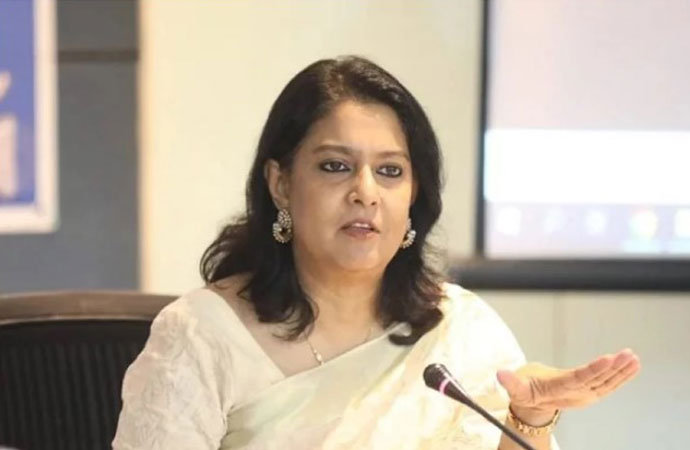











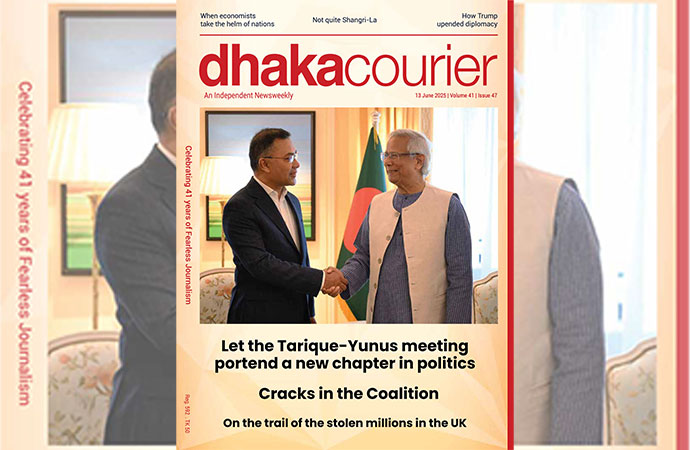
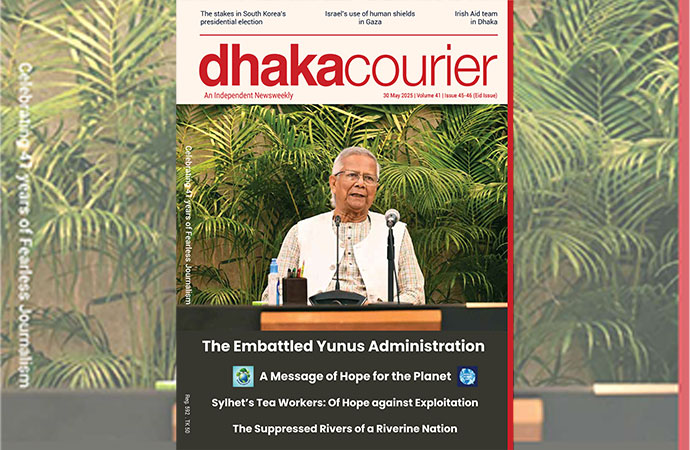
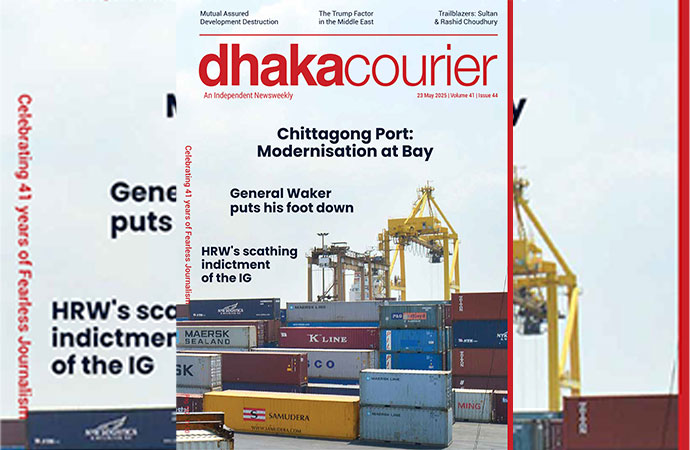

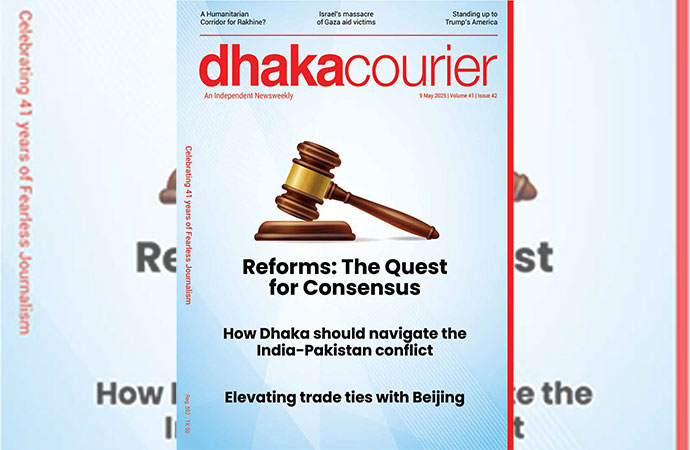

Leave a Comment
Recent Posts
Rare folk treasures at risk in ...
Amid the quiet greenery of Ulipur upazila in Kurigram, a humble tin-ro ...
Enayetullah Khan to represent ...
Enayetullah Khan, Editor-in-Chief of United News of Bangladesh (UNB), ...
The tragedy in Ahmedabad touches us all
Asset recovery a key focus; breakthroughs from talks ..
'It'll inspire youths to build Bangladesh they dream ..
UK envoy Sarah Cooke happy with Yunus’ visit to Brit ..